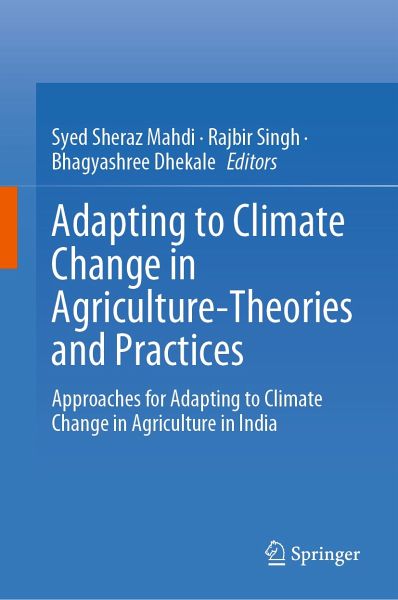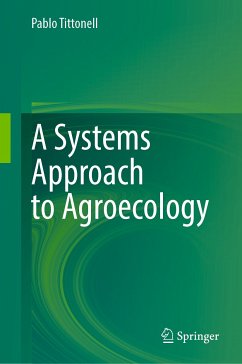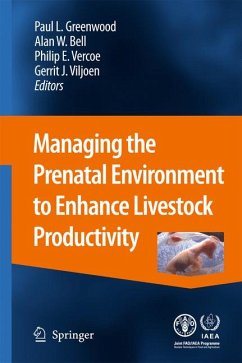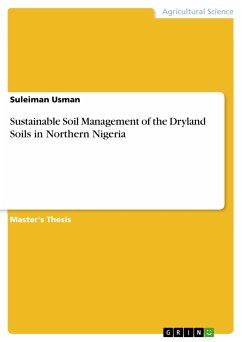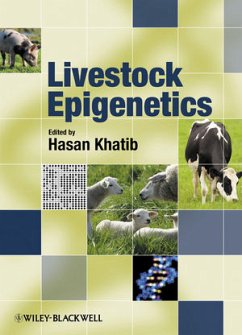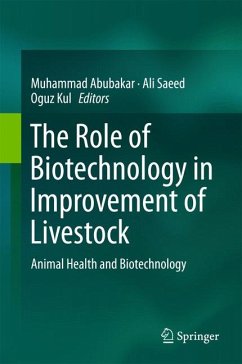S. Sheraz Mahdi is currently working as an Assistant Professor-cum-Jr. Scientist (Agronomy) at Sher-e-Kashmir University of Agricultural Sciences and Technology of Kashmir (SKUAST-K), Shalimar, Srinagar, Kashmir (J&K), India with specialization in crop-climate modeling, climate change and cereal crops production. Before this, he has served the Bihar Agricultural University, Sabour, Bhagalpur, Bihar in the capacity of Assistant Professor, Agronomy for five years (2013-2017) and has been a member of natural resource management research advisory group of the University and state committee on climate change studies. He has worked on climatology of extreme weather events and their impact on rice-wheat cropping system in Bihar. Dr. Mahdi has also worked as a Research Associate at the Indian Meteorological Department (IMD), Srinagar, Kashmir. He took his PhD (Agronomy) degree from Sher-e-Kashmir University of Agricultural Sciences and Technology of Kashmir (SKUAST-K) and is the recipient of the Young Scientist Award from the Department of Science and Technology, New Delhi, Government of India. Dr. Mahdi has been also an independent researcher in the cold arid region of Kargil Ladkh (Jammu and Kashmir), India, and has guided 06 post-graduate and 05 under graduate students. He has published more than 45 research papers, 12 books and some popular articles, covering some aspects of advanced agronomy in particular.
Dr. Rajbir Singh is presently working as Professor of Plant Pathology, Gochar Mahavidyalaya, Rampur Maniharan, Saharanpur, India. Before this, he had worked at the G.B. Pant University of Agriculture and Technology, Pantnagar, India, National Bureau of Plant Genetic Resources, New Delhi, India and Indian Agricultural Research Institute, New Delhi, India. He has more than 20 years experience in teaching, research and extension. He has published more than 50 research papers, book chapters, scientific articles and 8 books. He has organised severalnational and international conferences in India and abroad. He has visited the United Arab Emirates, Malaysia, Thailand, Nepal and Indonesia. He has completed several externally funded projects as Principal Investigator. Dr. Singh has been awarded with the Best Teacher Award and has several best paper awards and other recognitions. In addition, he is also a member of the advisory boards of several national and international journals and magazines.
Dr Bhagyashree Dhekale is currently working as an Assistant Professor-cum-Jr. Scientist (Agril. Statistics) at Sher-e-Kashmir University of Agricultural Sciences and Technology of Kashmir (SKUAST-K), Shalimar, Srinagar, Kashmir (J&K), India with specialization in data analysis. Before this, she has served in Indian Institute of Technology Bhubaneshwar and ICRISAT, Hyderabad in the capacity of Agrometeorologist. She is also member in crop contingency planning in University. She is acting as co-principal investigator to various reseach projects on climate change and agrometeorology.
She worked on big data analysis, seasonal climate forecasts and their applications in agriculture and crop yield forecasting. She took her PhD (Agril Statistics) degree from BCKV, Mohanpur, Kolkata, India, and has guided 3 post-graduates as major advisor.She is a advisory member to more than 150 students during their PG and PhD programme. She has published more than 35 research papers, and some popular articles on crop yield forecasting, statistical modelling and climate change in particular.
